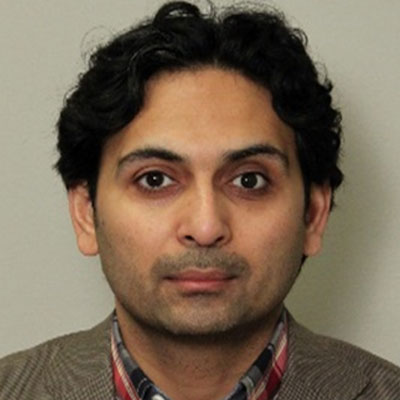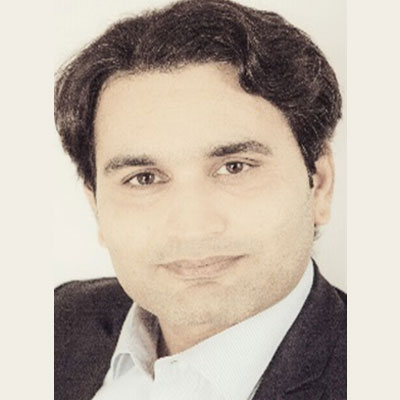The expected expansion of the Islamic finance industry to 3.69 trillion USD by 2024 (S&P, 2022) is a great success story. This growth is phenomenal, especially when considering the broader principles of equity, participation, and ownership in Islamic law in general. We will be holding a workshop on Islamic finance governance: theory and practice that aims to set this discourse and look for the answer to the noted questions from academic and practitioners' points of view on the 22nd of June 2-4 pm.
This workshop will explore what has led to the growth in the Islamic finance industry, what we learn from it, what questions it raises and how we advance from here pragmatically.
The current state of affairs in Islamic finance governance
The layman's view of the Islamic finance and banking world is of transactional engagement that is interest-free, remember not a cost-free mode of financing. At a theoretical level, this distinction has been contentious. However, the broader theoretical issue is that 'riba' – despite the difficulties in defining it – is not the only condition in Islamic finance and banking. Are the market participants cognisant of these conditions and do they know if these conditions have been incorporated into the existing products while knowing the purpose statement and governance liability of Islamic finance principles?
Future discourse and governance challenges
This workshop is aligned with fundamental principles driving Islamic finance and the wide breadth of knowledge that enhances market stability, growth and trust in financial transacting and contracting. This alignment with Islamic finance will be explored along the lines of principles of equity, participation and ownership and a range of covenants and conditions that the Islamic finance industry and regulations must correspond to. This is essential to continue the growth story while delivering the good for its wider audience at a societal level for all its stakeholders.
Moving from top-down expansion to bottom-up growth
This workshop will cover the top-down expansion story of Islamic finance that has been the result of religiosity and demand or both and will explore how the market is maturing to ask questions that may spur a bottom-up growth when the Islamic finance industry has yet to meet the economic fundamentals of competitiveness, price and cost-efficiencies. This workshop will aim to develop scenarios and will draw from consumers and industry experts of Islamic finance to shape the bottom-up growth in Islamic finance. Issues of market stability, information asymmetry, market awareness and trust, and value creation will be at the helm of these scenario discussions for Islamic finance consumers and practitioners.
Future directions
The workshop will end with a survey on Islamic finance on the state of governance in Islamic finance at consumer and practitioner levels to provide policy suggestions for developing a system to understand consumer and practitioner expectations given the noted governance issues. This bottom-up understanding of the market will help in developing future corporate planning in the Islamic finance sector as well as a policy forum that learns from the market on how to best serve Islamic finance clients and contribute to the confidence of the practitioners in what they are doing can be upheld in dynamic market conditions.
Meet the Team

Dr Nader Virk
Nader Virk is a Senior Lecturer in Finance at Swansea University School of Management. He follows diverse research interests falling under strands of asset pricing, volatility modelling and corporate governance in the Islamic finance and sustainable finance paradigms. He has contributed to discourse through his research work with significant thought and methodological contributions and most of his work is published in the top-quality economics and finance journals. He also provides consultancy to European Commission EASME funding programme for innovative and next-generation business solutions as an expert analyst.

Dr Tasawar Nawaz
Tasawar is a Lecturer in Finance at the University of Plymouth. His research involves interpretive and positivist dimensions in the areas of sustainable finance, Islamic banking & finance, corporate governance, Shariah governance, third-sector charity organizations, socially responsible investment, and internationalisation of Higher Education, among others. Tasawar has published over 30 scientific articles in international journals and their research has featured in Financial Times (FT) top50 journals. Besides, Tasawar is the Associate Editor of a specialized journal: the Journal of Islamic Accounting and Business Research.

